There is no single “diet” for hypothyroidism, and eating will not stop or cure the condition – but based on the most recent studies, here’s what you should and shouldn’t eat to feel your best and manage your symptoms.
Our thyroid gland is a key organ in our bodies, and when it fails, we are vulnerable to a variety of thyroid diseases. These difficulties can be irritating, unpleasant, and tough to bear – but you are not alone, and you can overcome them.

Thyroid issues are estimated to affect 20 million Indians, with many going undiagnosed. One of them could be you or someone close to you.
What are some of the most common thyroid issues?
Hypothyroidism or Underactive thyroid, hypothyroidism occurs when the body generates insufficient thyroid hormone, whereas hyperthyroidism occurs when the body creates excessive amounts of thyroxine hormone.
Thyroid hormones are needed for several tasks, including cell repair and metabolism, as well as energy and mood regulation. Patients with hypothyroidism have a host of potentially serious symptoms and concerns if these hormones are not present.
These include, but are not restricted to:
- exhaustion that is incapacitating
- heart issues
- intolerance to cold
- mood fluctuations (like depression)
- putting on weight
- constipation
- skin that has become parched
- increasing LDL cholesterol (the “bad” cholesterol)
- joint ailment
Unfortunately, the list of unpleasant side effects does not stop there. In severe cases, myxedema coma might ensue. In this life-threatening situation, severe hypothyroidism can result in delayed mental function, hypothermia, and organ failure.
A variety of factors can contribute to hypothyroidism. Thyroid gland surgery, iodine deficiency, radiation, or Hashimoto’s thyroiditis, an autoimmune condition causing thyroid gland inflammation and one of the most common causes of hypothyroidism, could all be to blame.
The pituitary gland can also cause issues. TSH deficiency impairs the thyroid’s ability to generate hormones. Nutrients have a significant impact on thyroid function.
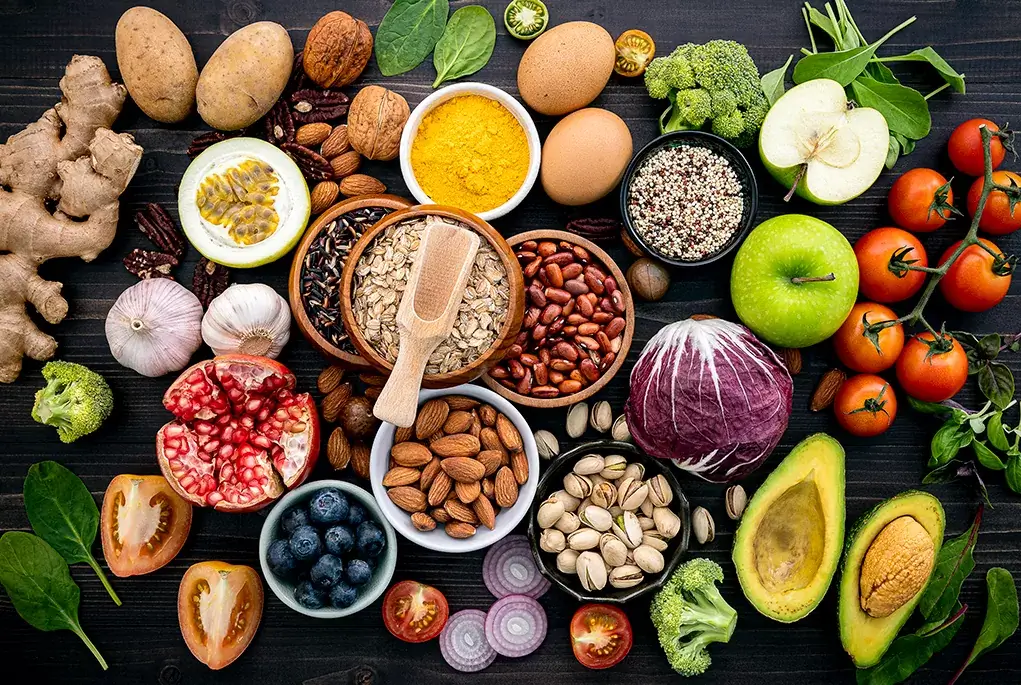
To make matters worse, according to another study, a shortage of iodine may also induce thyroid difficulties. This is why it’s crucial to discuss your iodine levels with your doctor, especially if you believe you’re getting too much or too little.
If you are deficient, ensure that you consume iodized salt. Taking iodine supplements and eating seafood can also help.
What effect does hypothyroidism have on your metabolism?
The rate of your metabolism is controlled by the thyroid hormone. The more calories your body burns at rest, the faster your metabolism. Hypothyroid people produce less thyroid hormone. They have a slower metabolism and burn fewer calories at rest.
A sluggish metabolism poses a number of health hazards. It can make you sleepy, raise your blood cholesterol levels, and make losing weight more difficult. Consider moderate or high-intensity exercise if you have hypothyroidism and struggle to maintain your weight. Fast-paced walking, running, hiking, and rowing is examples of such exercises.
If you have hypothyroidism and struggle to maintain your weight, consider moderate or high-intensity exercise. Such exercises include fast-paced walking, running, hiking, and rowing.
People with hypothyroidism may benefit from increasing their protein consumption as well. According to a study, higher protein diets can help boost your metabolism.
Hypothyroidism Minerals and Nutrients
Thyroid function is greatly influenced by nutrients. There is a substantial body of clinical research to establish the link between iodine and thyroid function. According to one study, “chronic exposure to excess iodine through water or poorly managed salt is a risk factor for hypothyroidism.”
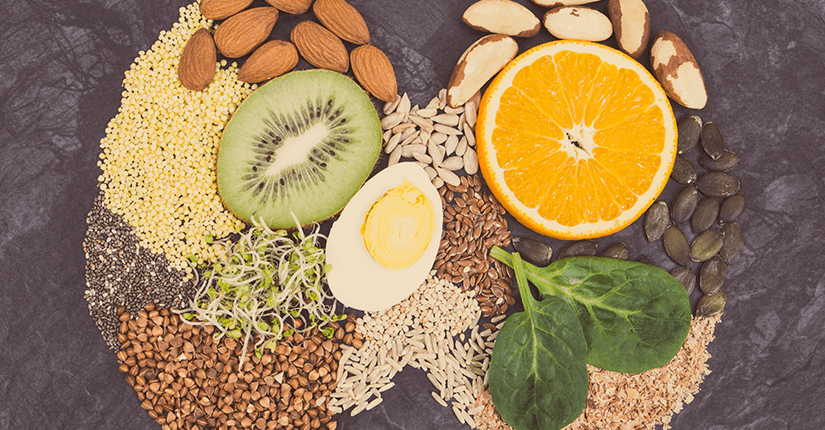
So, what other minerals should you consume? Research suggests selenium-rich foods (tuna, eggs, legumes) and zinc-rich foods (oysters, poultry) to aid in the conversion of T4 hormone to active T3 hormone, as well as all B-vitamins, which “may improve energy and the body’s stress response, which is beneficial for hypothyroid patients.”
Several nutrients are important for optimal thyroid health:
Iodine
Iodine is a mineral that is essential for thyroid hormone production. As a result, individuals with low iodine levels may be predisposed to hypothyroidism. Iodine deficiency is extremely widespread, affecting almost one-third of the global population.
It is less frequent in wealthier nations, such as the United States, where iodized salt and iodine-rich seafood are widely available. If you’re deficient in iodine, consider using iodized table salt in your cooking or eating more iodine-rich foods like seaweed, shellfish, dairy, and eggs.
Selenium
Selenium helps with the “activation” of thyroid hormones, which allows them to be used by the body. This essential mineral possesses antioxidant characteristics that may protect the thyroid gland from free radical damage.
Consuming selenium-rich foods is a great way to boost your selenium levels. Some examples are Brazil nuts, tuna, sardines, eggs, and legumes. Do not take a selenium supplement unless directed by a healthcare expert.
Zinc
Zinc, like selenium, assists the body in “activating” thyroid hormones. Zinc may also assist the body to regulate TSH, the hormone that informs the thyroid gland when to release thyroid hormones, according to research.
Because zinc is abundant in food, zinc deficiency is uncommon in modern society.
However, if you have hypothyroidism, try to eat more zinc-rich foods such as oysters and other shellfish, beef, and chicken.
Consume adequate tyrosine, which has been linked to thyroid function (found in basic tuna cans). Morgan also suggests vitamin D, which “may improve the immune system in people with autoimmune thyroid disease as well as promote the body’s production of numerous hormones.
Which nutrients should be avoided?
Several nutrients may be hazardous to the health of hypothyroid people:
Goitrogens
Goitrogens are chemicals that can interfere with the natural function of the thyroid gland.
They get their name from the term goitre, which refers to an enlarged thyroid gland caused by hypothyroidism.
Surprisingly, goitrogens can be found in a variety of everyday foods, including:
- Soy products such as tofu, tempeh, edamame, and others
- Other vegetables include cabbage, broccoli, kale, cauliflower, spinach, and others.
- Cassava, sweet potatoes, peaches, strawberries, and other starchy plants
- Various nuts and seeds include millet, pine nuts, peanuts, and other nuts and seeds.
Hypothyroid people should, in theory, avoid goitrogens. However, it appears that this is only a worry for people who are weak in iodine or who consume a lot of goitrogens. Cooking goitrogen-containing dishes may also inactivate these molecules.
Hypothyroidism Foods
There are numerous foods that promote good thyroid function. According to Sofia Norton, RD, Dietitian Expert and founder of Kiss My Keto, you should eat a range of plant-based foods. Consider leafy greens, whole grains, nuts and seeds, as well as zinc-rich legumes such as peas, lentils, chickpeas, and beans.
“These foods contain amino acids such as tyrosine, B-complex vitamins, minerals such as selenium, and antioxidants, all of which support thyroid health,” Norton says. Sweet potatoes, despite being a carbohydrate source, absorb more slowly and do not elevate blood sugar levels as much as other starchy foods like grains or sweets.”

Fruits and vegetables include “a decent supply of phytosterols to lower cholesterol, polyphenols to reduce inflammation, and minerals for a strong immune system,” according to Dr Andrew Cunningham, an integrative health practitioner. Healthy foods include blueberries, olive oil, almonds, green tea, cloves, and apples.
Avoidance foods
If you have hypothyroidism, you don’t have to avoid many foods. Goitrogen-rich foods, on the other hand, should be eaten in moderation and, ideally, prepared.
Because highly processed meals are generally high in calories, they should be avoided. If you have hypothyroidism, this can be an issue because you may gain weight quickly.
The following foods and supplements should be avoided:
- Every millet variety
- Hot dogs, pastries, and other refined foods
- Supplements: Adequate selenium and iodine intakes are required for thyroid function, although too much of either can be harmful. Supplement with selenium and iodine only if directed by a physician.
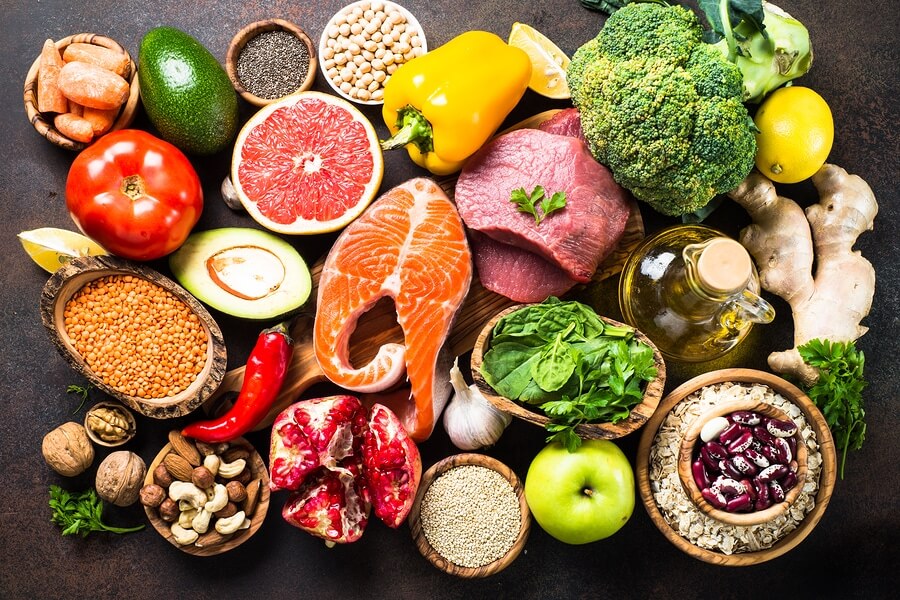
Here is a list of foods to consume in moderation. When ingested in significant numbers, the following foods contain goitrogens or are recognised irritants:
- Soy milk, tofu, tempeh, edamame beans, and other foods derived from soy
- Peaches, pears, and strawberries are examples of fruits.
- Coffee, green tea, and alcohol can all have adverse effects on your thyroid gland.
Some foods should be avoided or discussed with your doctor before including them in your diet. One form of oestrogen is plant estrogens, often known as phytoestrogens. “Research reveals that plant estrogens may inhibit the action of thyroid hormone production enzymes.”
According to Norton, “researchers also suspect that soy may diminish iodine consumption and interfere with thyroid medicine absorption.”
Goitrogens, which can impair thyroid gland function, are another cause of disagreement. Cruciferous vegetables like bok choy, broccoli, brussels sprouts, cauliflower, collard greens, and fruits like peaches, pears, plums, raspberries, and strawberries are examples.
Foods for consumption
You can eat a number of foods if you have hypothyroidism, including:
- Whole eggs are ideal since the yolk has the most iodine and selenium, while the whites are abundant in protein.
- Meat can refer to any type of meat, such as lamb, beef, or chicken.
- Salmon, tuna, halibut, and shrimp are all examples of fish.
- All vegetables — especially cruciferous vegetables in moderation, especially when cooked
- Other fruits include berries, bananas, oranges, and tomatoes.
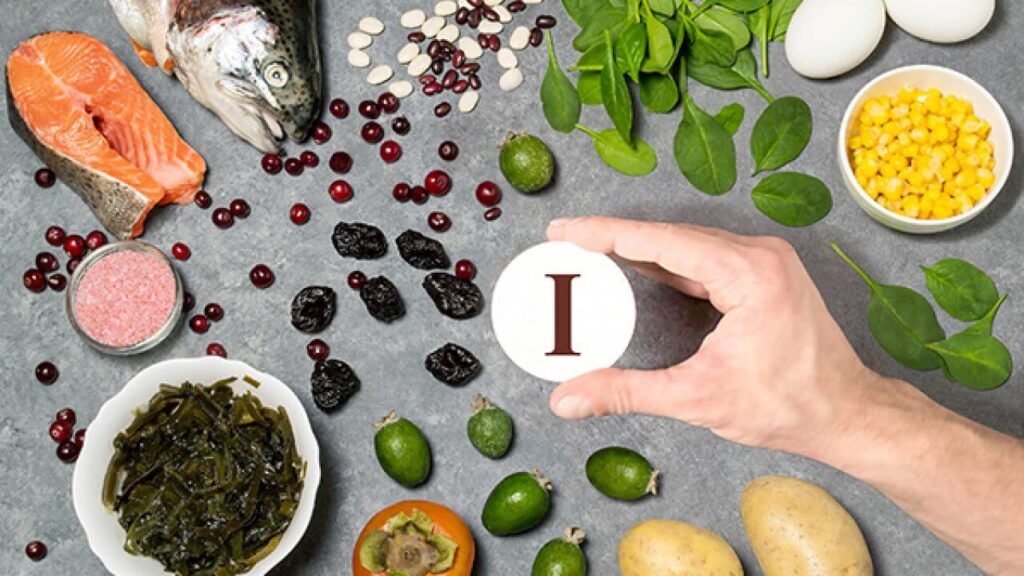
- Rice, buckwheat, quinoa, chia seeds, and flax seeds are all gluten-free grains and seeds.
- Dairy products include milk, cheese, yoghurt, and other dairy products.
- Water and other non-caffeinated beverages are available.
- Hypothyroid patients should eat a diet high in vegetables, fruits, and lean meats.
Tips for managing your weight
Due to slow metabolism, hypothyroidism makes it very easy to gain weight. Here are some suggestions to help you maintain a healthy weight:
Get adequate sleep. Aim for a minimum of 7-8 hours of sleep per night. Sleeping for less than this amount of time has been associated with weight gain, particularly in the abdomen.
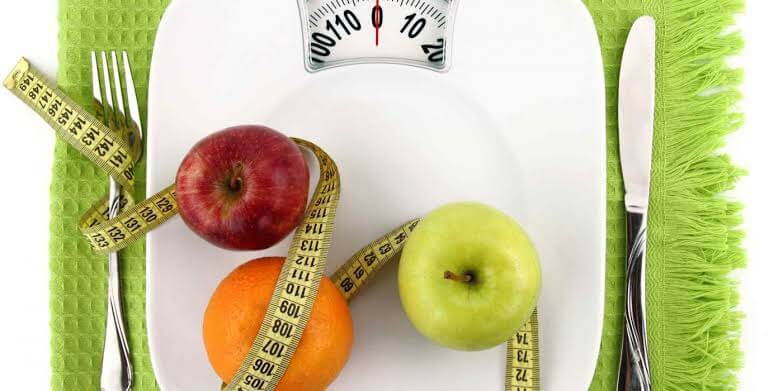
Exercise mindful eating. Mindful eating, which is paying attention to what you eat, why you eat it, and how quickly you consume it, can assist you in developing a healthier relationship with food.
Attempt yoga or meditation. Yoga and meditation can both help you relax and improve your health.
Consider a diet that is low to moderate in carbohydrates. A low to moderate carbohydrate intake is excellent for weight maintenance.
In conclusion
Hypothyroidism, often known as an underactive thyroid, affects 1-2% of the world’s population. It can induce a variety of symptoms, including fatigue, weight gain, and a feeling of being cold.
Fortunately, eating the proper foods and taking the correct drugs can help minimise your symptoms and enhance your thyroid function. Iodine, selenium, and zinc are all beneficial to your thyroid.
A thyroid-friendly diet can help you manage your weight and reduce your symptoms. It promotes the consumption of complete, unprocessed foods as well as lean protein.
